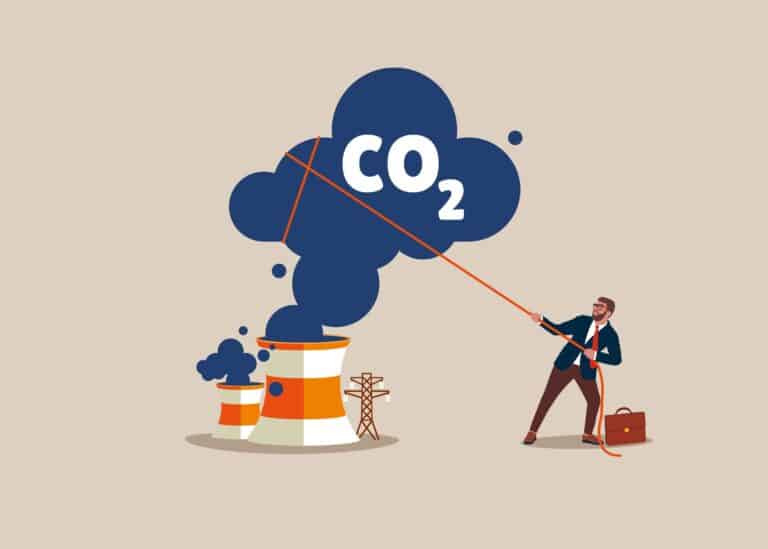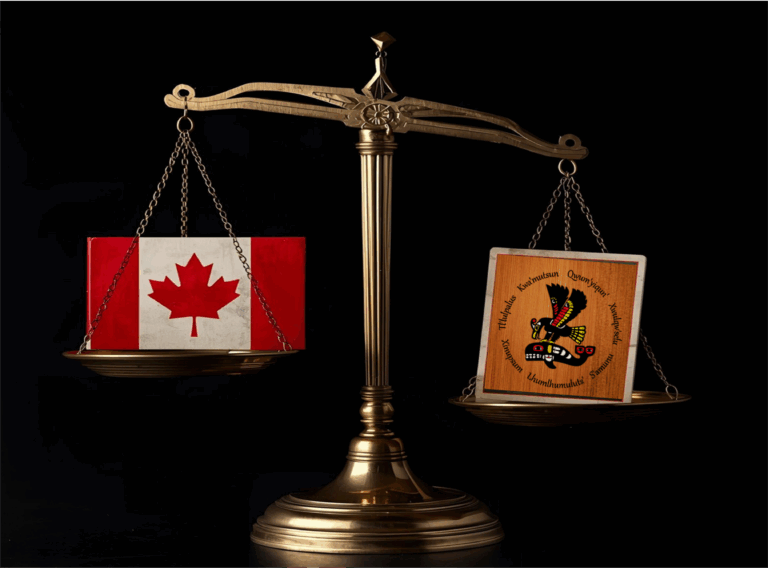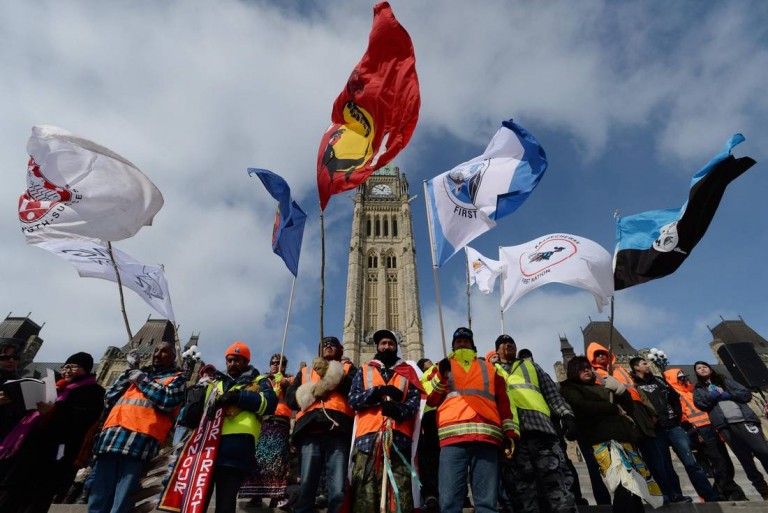It is often assumed that policies based on principles of limited government and individual rights are impossible to implement through the vehicle of partisan politics. For instance, a few years back, Maclean’s columnist Andrew Coyne wrote (with tongue firmly in-cheek) that “principles are the things you jettison on the way to power.” That’s the commonly–held thought, that compromised beliefs are the way to get and retain power.
Those who insist politicians should stick to principle are characterized as naïve “true believers.” Unfiltered policies are to be left to think tanks and the advocacy groups.
There is some truth to this. Parties must appeal to broad segments of the voting population. It was political scientist Anthony Downs who came up with the idea of the median voter theorem in the 1950s. In his book An Economic Theory of Democracy, Downs pointed out that it was rational, within a dominant two-party system, for the two major parties to converge and attract as many supporters in the middle as possible. His seminal idea was that large differences between the two parties disappear as parties seek voters.
To a certain extent, his observations are still true. However, there is always room for third parties or political movements based on solid, classic liberal principles. If there were not, one would not see the rise of parties like the Wildrose Alliance in Alberta, the Action Democratique du Quebec (ADQ) or even the burgeoning Tea Party movement in the United States.
Such parties represent positive developments even if one disagrees with elements of them, as one would with any party or non-partisan group. Whether in the political arena (Wildrose and ADQ) or outside of it (the Tea Party), such entities can influence the direction of other parties and change the discourse, just as in the economic marketplace, more entrants force existing players to change their products. More hopefully, there is always the chance a new party can catch a politically realigning wave and receive either strong support or even replace a sitting party.
In terms of influencing public discussions, no one today denies the role the “third party” Reform Party played in changing policy in Ottawa during the 1990s. Before Reform, the Liberals or even the Progressive Conservatives avoided discussions about tackling the debt and deficit in any serious way. The Liberals’ Red Book spoke about a “balanced approach” and the PCs did not have a real plan. Without even winning government, Reform’s significant electoral wins made an impact on shifting policies. Reform also prompted people to think about M.P. pensions and other benefits. Effective campaigning by Reform also influenced public perceptions of both the Meech Lake and Charlottetown Accords, leading to the defeat of both. Lastly, it is widely believed Reform’s tough approach towards Quebec separation influenced the Liberals to adopt the Clarity Act.
It is evident third party challengers from the right influence larger conservative parties. Polling seems to suggest the Wildrose Alliance party will be a permanent presence in Alberta. Meanwhile, the provincial Progressive Conservatives have begun to adopt policies pushed by Wildrose supporters, such as the revision of the province’s oil and gas royalty framework to favour business investment. As another sign of Wildrose pressure, Alberta Premier Ed Stelmach’s appointment of Ted Morton as finance minister can be traced to the rise of the Wildrose party. (Morton was the choice of ideological conservatives during the PC leadership race in 2006).
The same can be said of the U.S. where the Tea Party movement has clearly influenced Republican races. Rand Paul’s recent primary win in Kentucky suggests strong Tea Party influences have found their way into the system; Sarah Palin has tried to attach herself to the movement to receive more support; and GOP candidates will likely increasingly identify themselves with the popular movement in order to win. This can only influence the policy direction of the Republicans and perhaps even the Democrats. Whether the Tea Party will form an independent political party remains to be seen, but those truly committed to classical liberal ideas or a diverse system should not fear that.
Can third parties win electorally here in Canada? We have seen the evidence through the ADQ in Quebec—albeit with a later implosion, as well as the Wildrose Alliance, a yet untested force. The ADQ won on its populist appeal, to be true, but also won in ridings outside Montreal where classical liberal ideas are stronger. For years, rural and suburban Quebec voters were dissatisfied with their choices. The rapid demise of the party from Official Opposition to obscurity can be explained by several factors, but the party’s initial rise suggests there is a large constituency even in Quebec for classical liberal and populist ideas. Perhaps with the right conditions, the ADQ could rise again or become reincarnated in another form.
In the rest of the country, and more historically, the United Farmers of Alberta, the NDP across the Prairies and in British Columbia, and the Social Credit party in B.C. and Alberta are also examples of parties that actually won provincial power.
Naturally, many who commit to ideas of limited government and other conservative values worry that new, third parties will divide the vote. There are ridings decided this way and sometimes it is justified to vote for the lesser evil. However, no classical liberal party will ever really grow if we are caught in a never-ending cycle of voter paralysis. People become emboldened to vote for a third party when they see others doing likewise. Similarly, on the left, Canada’s Green Party may someday become a political force because people dare to get beyond the fear of dividing the left-wing vote.
The fear of any party is that its votes are spread too thinly across the country. In our first-past-the-post system, parties must win ridings, not just increase their overall support. Perhaps the strategy is for third parties to really focus on these winnable ridings, which may lead to a wellspring of legitimacy elsewhere.
That last option is often inconceivable in Canada, but it could result in policy gains for classic liberals. Coalition governments or other arrangements could conceivably work in some provinces. For instance, a recent Environics poll shows that if an election were held today, the Wildrose Alliance would capture 18 seats in the 83-seat Alberta Legislature, with most of those in Calgary and rural Alberta where their support is strongest. Some sort of deal between the PCs and the Wildrose Alliance could only push that province towards policies of interest to both constituencies. The same thing could happen if the ADQ rose again under a stronger Liberal government or even a PQ one. Either way, they would either force the Quebec Liberals to take public sector and balanced budget reforms seriously or in the case of the PQ, prevent them from forcing Quebec into an even more statist mold.
Either way, more Canadians need to see the value of principled third parties if we are ever going to escape from the anti-third party thinking, thinking largely fuelled by larger parties—that they are the only choice for those interested in ideas from the classic liberal tradition.






